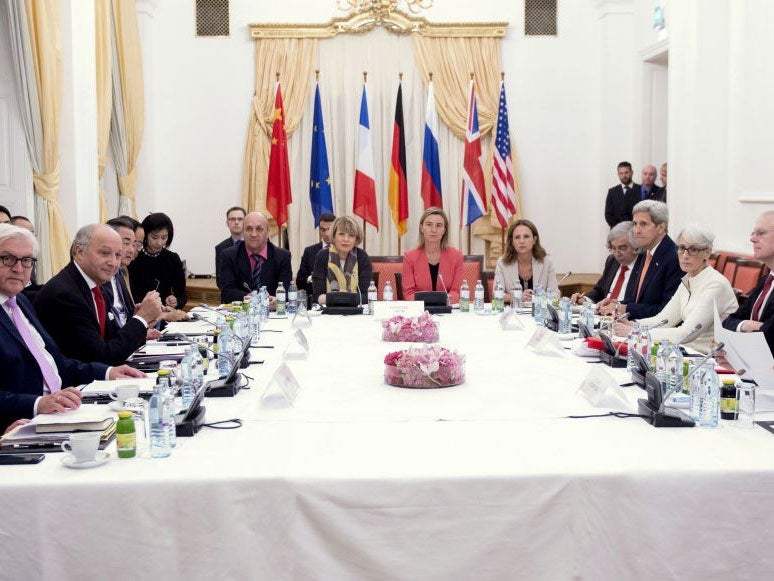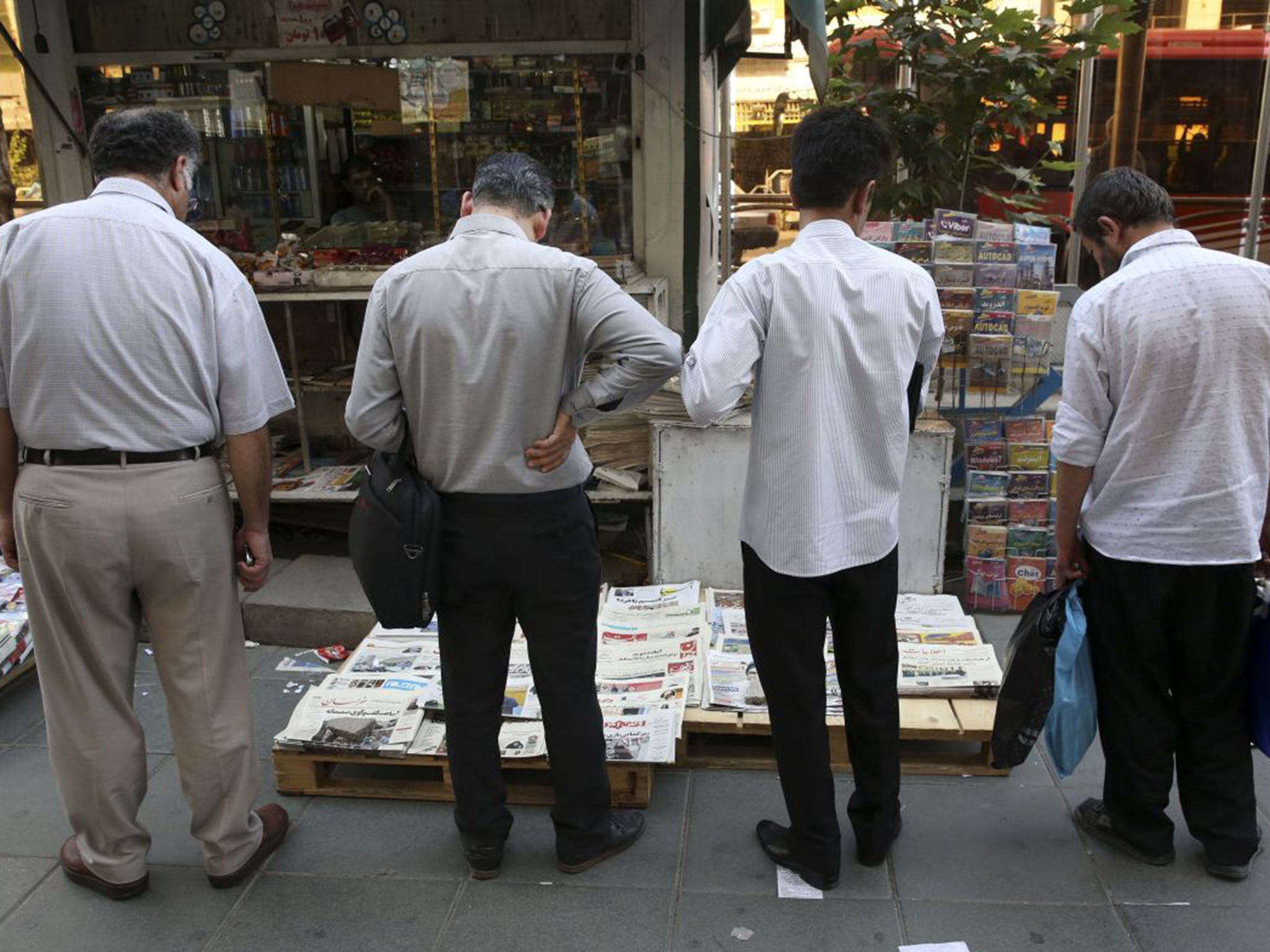Iran nuclear deal reached in Vienna talks could allow UN inspectors into facilities - as it happened
Tehran has agreed to allow UN inspectors to request visits to its sites

Your support helps us to tell the story
From reproductive rights to climate change to Big Tech, The Independent is on the ground when the story is developing. Whether it's investigating the financials of Elon Musk's pro-Trump PAC or producing our latest documentary, 'The A Word', which shines a light on the American women fighting for reproductive rights, we know how important it is to parse out the facts from the messaging.
At such a critical moment in US history, we need reporters on the ground. Your donation allows us to keep sending journalists to speak to both sides of the story.
The Independent is trusted by Americans across the entire political spectrum. And unlike many other quality news outlets, we choose not to lock Americans out of our reporting and analysis with paywalls. We believe quality journalism should be available to everyone, paid for by those who can afford it.
Your support makes all the difference.A landmark deal has been reached with Iran over its nuclear capabilities following talks with Britain, the US and other nations in Vienna.
- Iranians celebrate 'win-win' solution
- Agreement includes possible UN inspector visits
- President Obama will veto any US legislation that could stop deal
- Israeli PM claims deal will allow 'aggression and terror'
- Trade sanctions will be restored if Iran breaks conditions
- How the Iran deal happened
Please allow a moment for the liveblog to load
A diplomat confirmed the agreement to the Associated Press, saying it includes a compromise between Washington and Tehran that would allow UN inspectors to press for visits to Iranian military sites as part of their monitoring duties.
Another Iranian official told Reuters: “All the hard work has paid off and we sealed a deal. God bless our people.”
It was unclear whether access to facilities could be refused or delayed – a possibility concerning critics who claim that the Iranian government will be able to hide any sign of deviation from its commitments.
The European Union had announced a final meeting due at 8.30am in the Austrian capital, where Iranian officials are meeting with representatives from the )5+1 group of nations.

Under the proposal as it stood last night, Tehran would have the right to challenge the UN request and an arbitration board composed of Iran and the six world powers that negotiated with it would have to decide on the issue.
Some Iranian officials have previously vowed that the International Atomic Energy Agency (IAEA) would never be permitted, accusing Western governments of using them as a cover for military espionage.
The decade-long negotiations are aimed at reaching a conclusive deal to limit Iran's nuclear programme in exchange for lifting economic sanctions.
While Iran insists its uranium enrichment-related and reprocessing activities are for peaceful purposes but the US, UK, France, China, Russia and Germany are pushing for assurances that the technology cannot be used to build an atomic bomb.
The latest proposals will be considered by the UN Security Council and are expected to be endorsed by the end of the month.
Additional reporting by agencies
Join our commenting forum
Join thought-provoking conversations, follow other Independent readers and see their replies
Comments